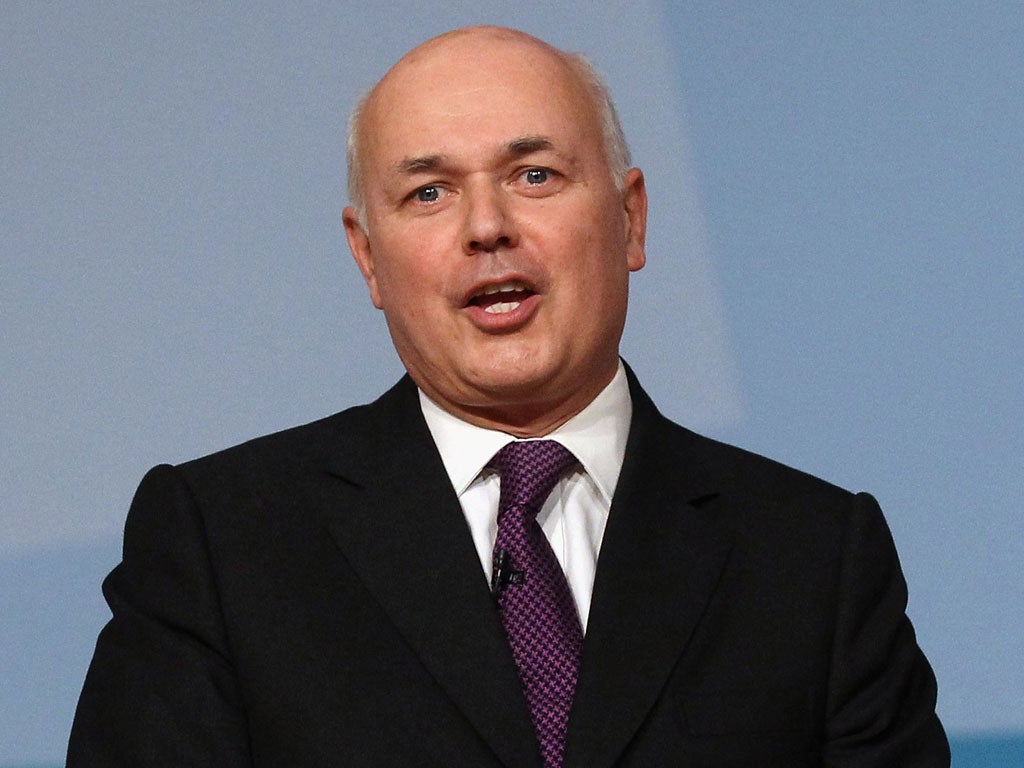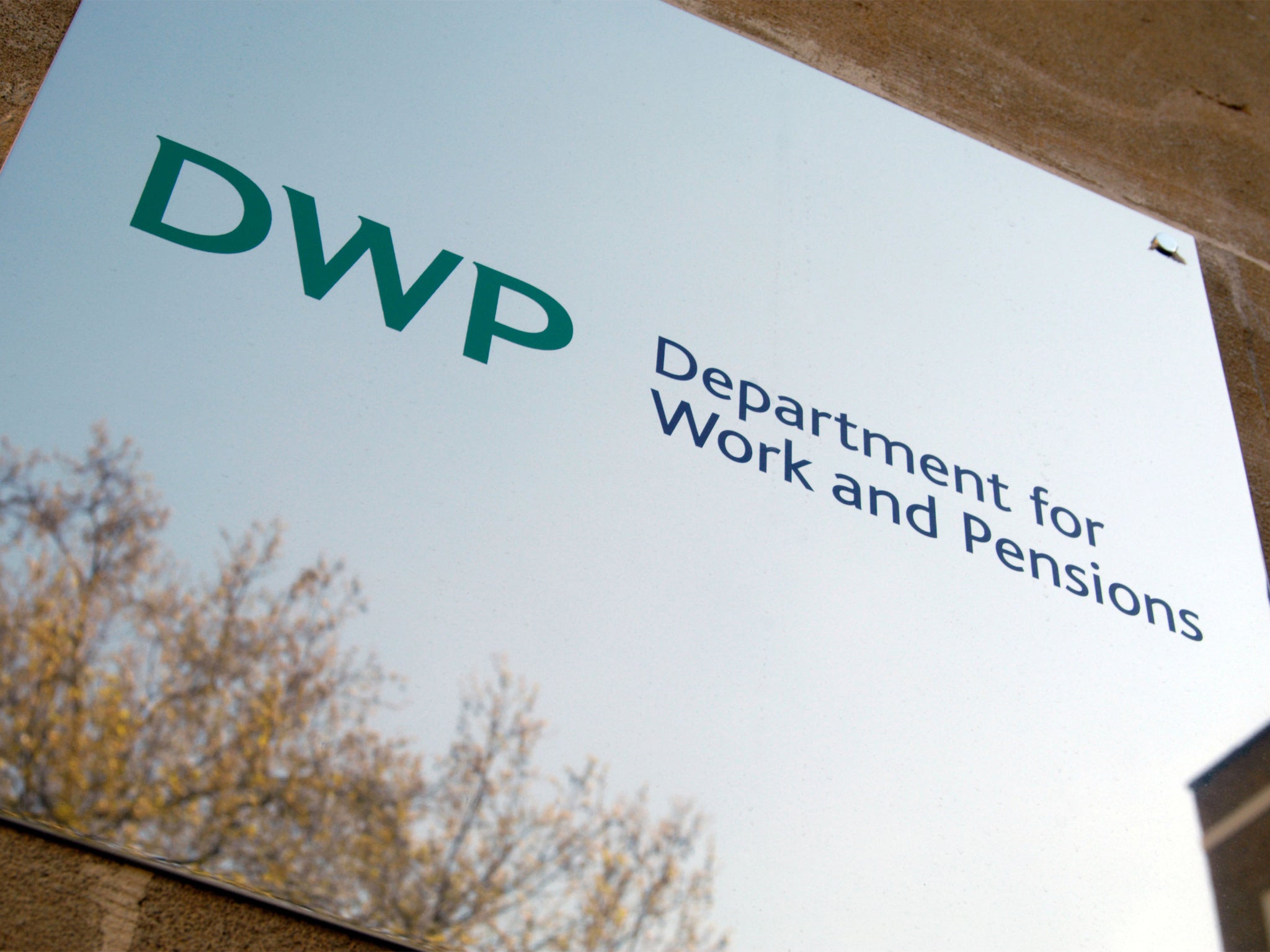The Government’s new Universal Credit welfare reform is likely to make the benefits system more, not less, hostile for people with mental health issues, a leading mental health charity has warned.
Policy experts at Mind say Iain Duncan Smith’s new programme could lead to a “sausage factory” approach in Jobcentres where ill people are deemed “fit-to-work until proven otherwise” and given inappropriate instructions backed by the threat of sanctions.
Universal Credit, announced in 2010, brings together six means-tested benefits including sickness benefits, unemployment benefits, and tax credits – meaning people with mental health issues will no longer begin their claims with a specialist health assessment but through meetings with a general work advisor.
Tom Pollard, Mind's policy manager, said the new method would likely see people with mental health problems treated inappropriately – with waits of three to four months to hear back from tests.
“We’re pretty sceptical of the ability of those jobcentre advisors to be able to understand the barriers that people with mental health issues face,” he told the Independent.
“The Work Capability Assessment is not great but at least it is a proper process to go through that looks at what the condition is.
“Our concern is the people in the Jobcentre are not going to have the skills and ability to do that and will end up on the whole treating people as if they are work-ready until proven otherwise. You could well see people put through a sausage factory and treated as if they’re just any other jobseeker.”
Research by the charity publicised earlier this year found that back to work programmes backed by the threat of sanctions had significant detrimental effects on both a person’s actual mental health and their chances of managing to return to work.
83 per cent on the Work Programme because of mental health problems said the scheme had made their mental health problems worse, while 76 per cent said it had made them feel less able to work than before they were put on the scheme.

Mind’s worry is that Universal Credit’s new approach could make the problem even worse.
Ministers refused cross-party requests from MPs on Monday to examine whether such sanctions damaged mental health.
Work and Pensions Minister Priti Patel said that to make such as assessment would not be viable because “the effect of sanctions in isolation of all other factors would be misleading”.
Mr Pollard said there were instances of unwell people being forced to attend meetings they really should not attend and being forced to undergo other work search activities that could be injurious to their health.
“There’s kind of an assumption that as long as you’re not ‘scrounging and swinging the lead’ that’ll be fine – but actually, often pressure to do things that aren’t appropriate has a really detrimental impact on people even if they don’t end up being sanctioned,” he said.
But Lord Freud, the Government’s welfare reform minister, said Universal Credit would actually make life easier for mental health problems because generic work advisors would become more adept at dealing with mental health issues.
“With the introduction of the way Universal Credit works, you suddenly see coaches begin to recognise where someone has got that kind of [mental health] problem and of course that’s the first step to helping them to get over it,” he told MPs on the Work and Pensions Select Committee on Wednesday.
“We will get better support people and we are training our people in how to have those conversations, how to recognise people, what to do about it.
“It is not a question of saying don’t go to work – work is part of the solution for many people, it’s just a question of helping them into that.”
The Government has however stepped up specialist support in recent months, planning to post hundreds of psychological therapists in jobcentres.
Last month the Government launch a campaign to crack down on mental health stigma amongst young people.
Universal Credit, launched in 2013, has been beset by delays and missed targets. It is currently being rolled out across the country on a limited basis.

Join our commenting forum
Join thought-provoking conversations, follow other Independent readers and see their replies
Comments